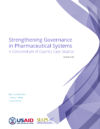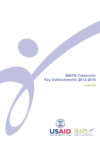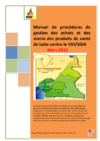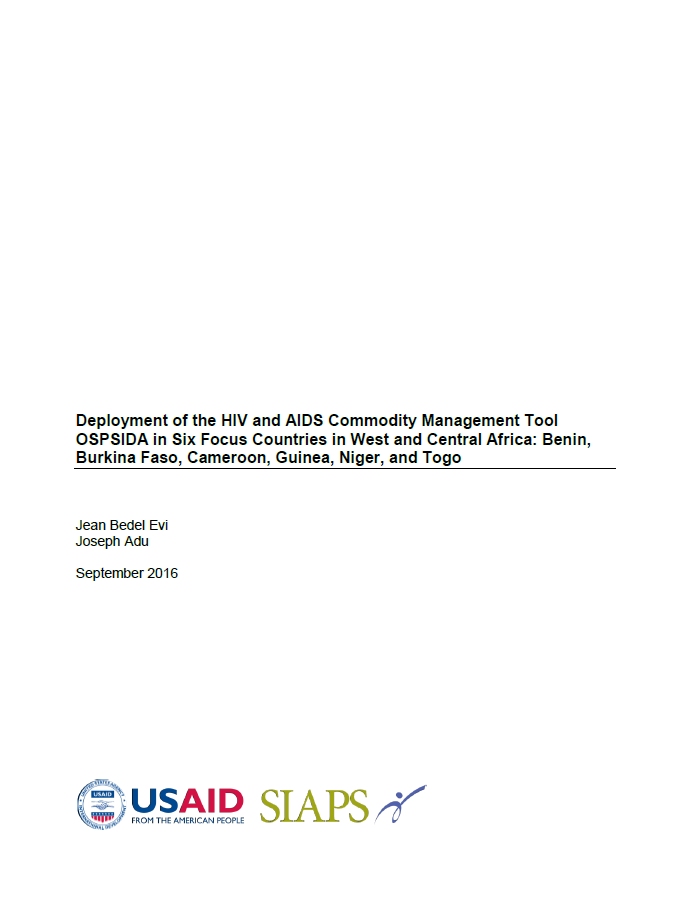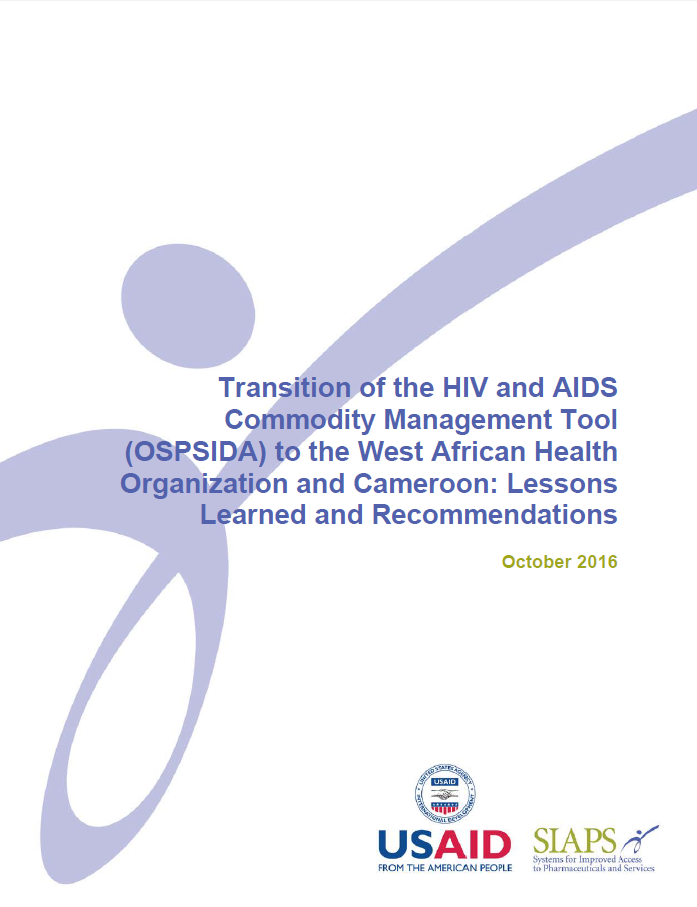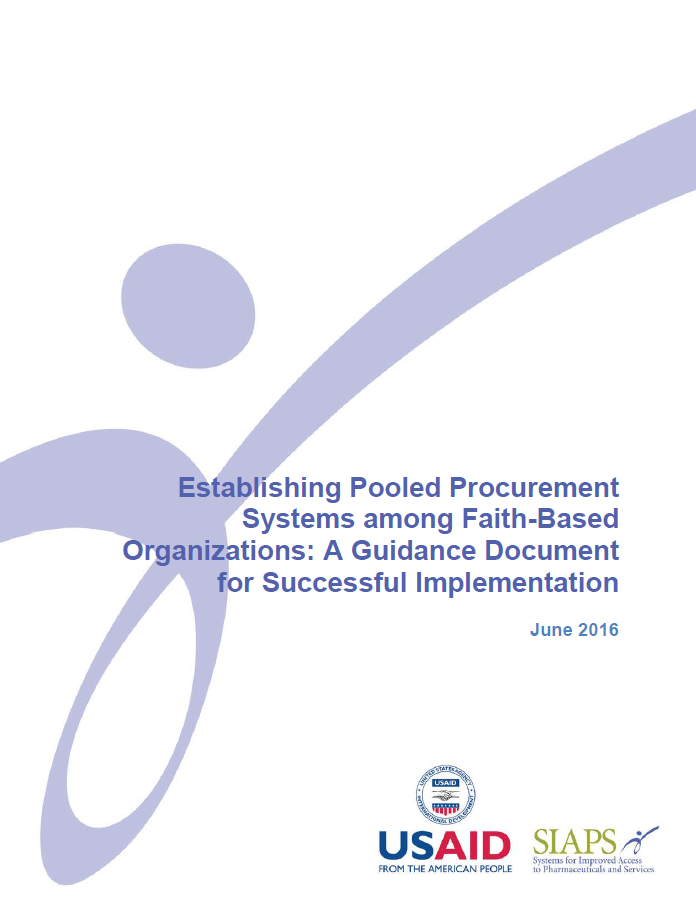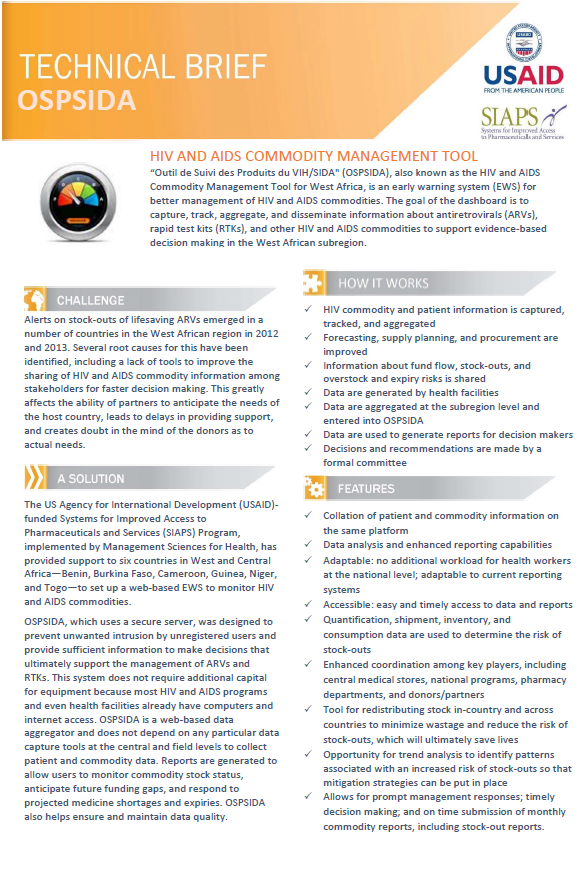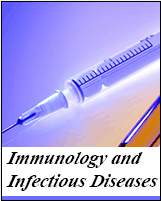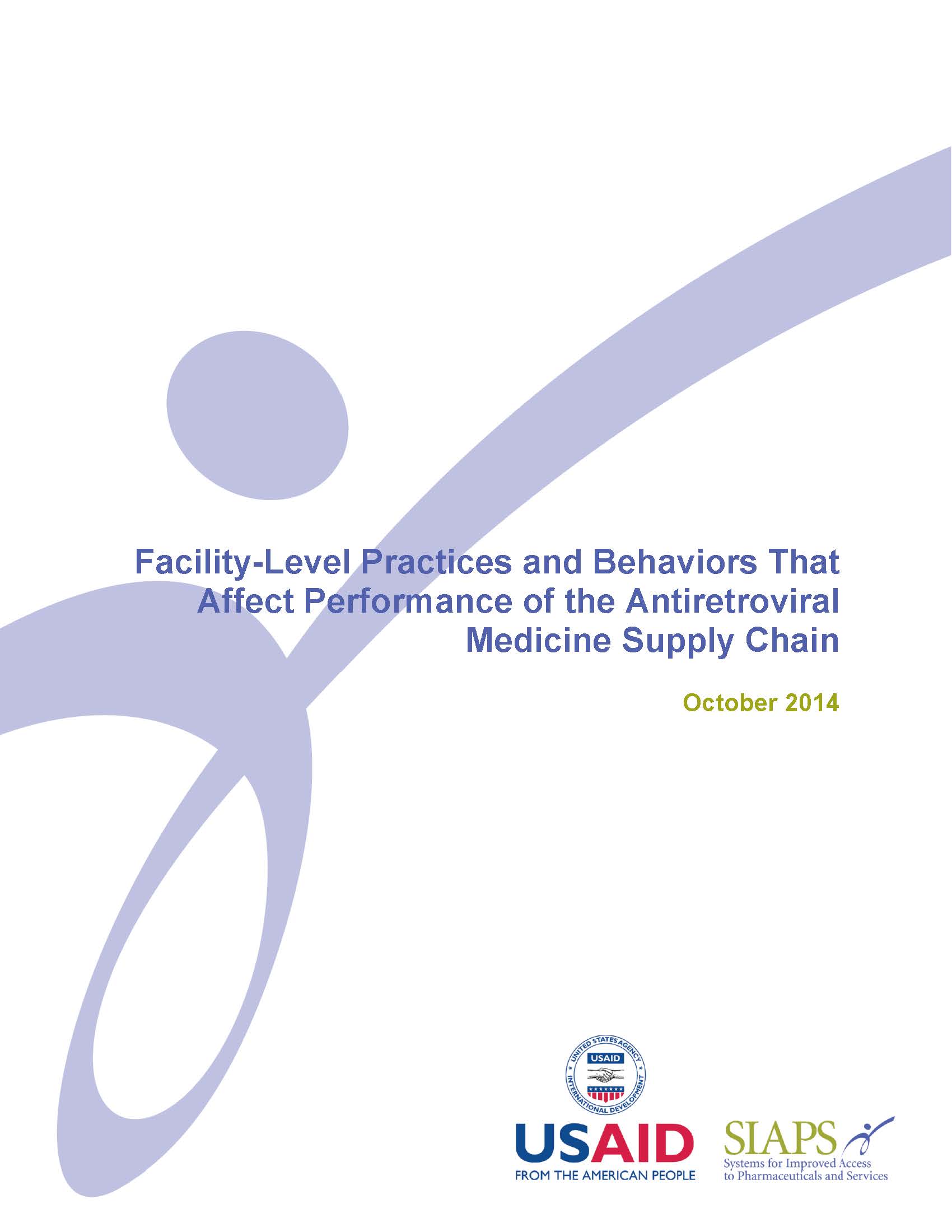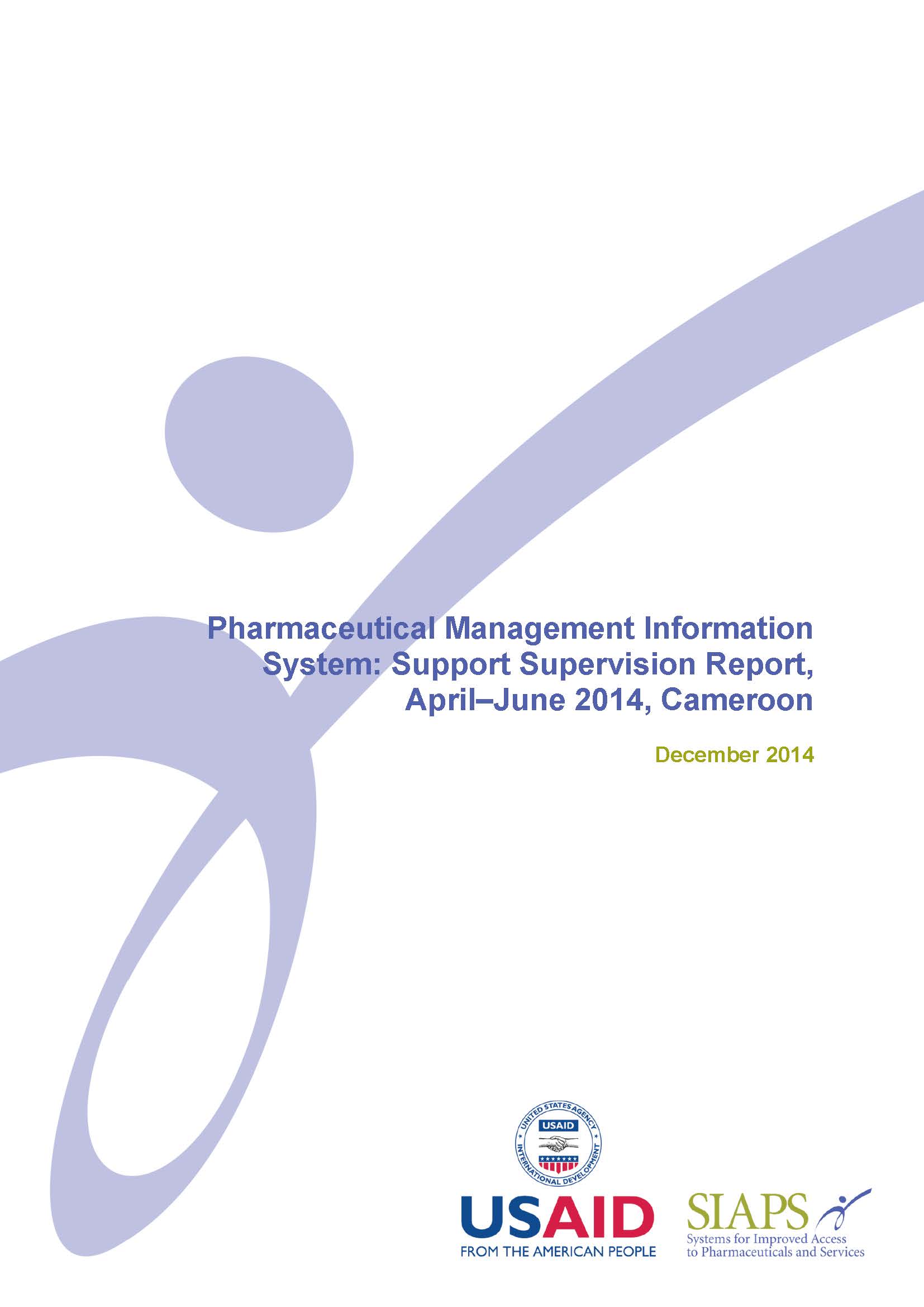SIAPS and its predecessor programs have assisted numerous countries in strengthening governance to promote robust decision making, enhance accountability, reduce opportunities for corruption, and improve efficiencies to enable better access to and use of quality-assured medicines. This compendium draws on these experiences and provides a collection of examples of strategies and approaches for strengthening governance … Read more
Bangladesh, Cameroon, Democratic Republic of Congo, Ethiopia, governance, H Walkowiak, Philippines, S Putter, Sierra Leone, Swaziland, T Hafner, Ukraine
Project Dates: September 2012 – September 2016
Ce manuel de procédures de Gestion des Achats et des Stocks (GAS) des produits de lutte contre le VIH/Sida vise à décrire d’une manière synthétique les procédures à suivre par le GTC-CNLS, la Centrale Nationale d’Approvisionnement en Médicaments et consommables médicaux Essentiels (CENAME), les Centres d’Approvisionnement Pharmaceutique Régionaux (CAPR) et les Formations Sanitaires (FOSA) lors … Read more
The availability and quality of HIV commodity, including antiretrovirals and HIV test kits, increases the demand for HIV care services and enables the scale-up of antiretroviral therapy. In West Africa and Central Africa, stock-outs often occurred because of poor coordination and information sharing among partners and lack of a reliable early warning system. With funding … Read more
Burkina Faso, Cameroon, Central Africa, Guinea, HIV/AIDS, J Adu, JB Evi, Niger, OSPSIDA, Supply chain management, Technical Report, Togo, West Africa Regional Project
USAID’s West African office asked SIAPS to provide support to six countries in the West and Central African region—Burkina Faso, Benin, Cameroon, Guinea, Niger, and Togo—to establish a web-based regional dashboard (OSPSIDA.org) that will create an early warning system (EWS) to monitor HIV and AIDS commodities and to detect and minimize the risk of stock-out … Read more
Benin, Cameroon, dashboard, Guinea, HIV/AIDS, J Adu, JB Evi, M Islam, Mali, Niger, OSPSIDA, S Doumbia, Supply chain management, Technical Report, Togo, West Africa Regional Project
Faith-based organizations play a vital role in many developing countries in ensuring access to essential medicines and delivering health services to patients. This is particularly the case in rural areas, where public health facilities do not exist or are inadequate. However, many faith-based organizations face challenges with providing a continuous supply and reliable availability of … Read more
Alerts on stock-outs of lifesaving antiretrovirals emerged in a number of countries in the West African region in 2012 and 2013. Several root causes for this have been identified, including a lack of tools to improve the sharing of HIV and AIDS commodity information among stakeholders for faster decision making. This greatly affects the ability … Read more
The Government of Cameroon and its partners have made major investments in the last decade in prevention, treatment, and care of HIV-infected patients. However, unmet need for antiretroviral therapy (ART) among HIV-positive pregnant women remains high at 66%. Critical to satisfying this need is ensuring adequate availability of prevention of mother-to-child transmission (PMTCT) commodities for … Read more
A Kane, antiretroviral therapy, Cameroon, E Nfor, G Buki, HIV/AIDS, J Dongang, K Kakanda, options analysis, PMTCT Option B+, Supply chain management
In an effective supply chain there are timely and efficient flows of information (on commodities and patients) and quality products between the supplying units (central and regional medical stores [CMS/RMS]) and the health facilities. Although much has been learned about how to measure, monitor, and improve supply chain performance for antiretrovirals (ARVs) at the central … Read more
ARV, Assessment, AY Chang, Cameroon, D Mabirizi, DM Bowser, HIV/AIDS, Namibia, Supply chain management, Swaziland, TJ Bossert
This report shows the result of continuous monitoring conducted quarterly in Cameroon to ensure stock availability at ART treatment sites of some HIV and AIDS commodities. Data sources on patient, consumption, and report submission information are from monthly reports collected at health facilities during supervision. Data on stock status are collected by the supervisors with … Read more
